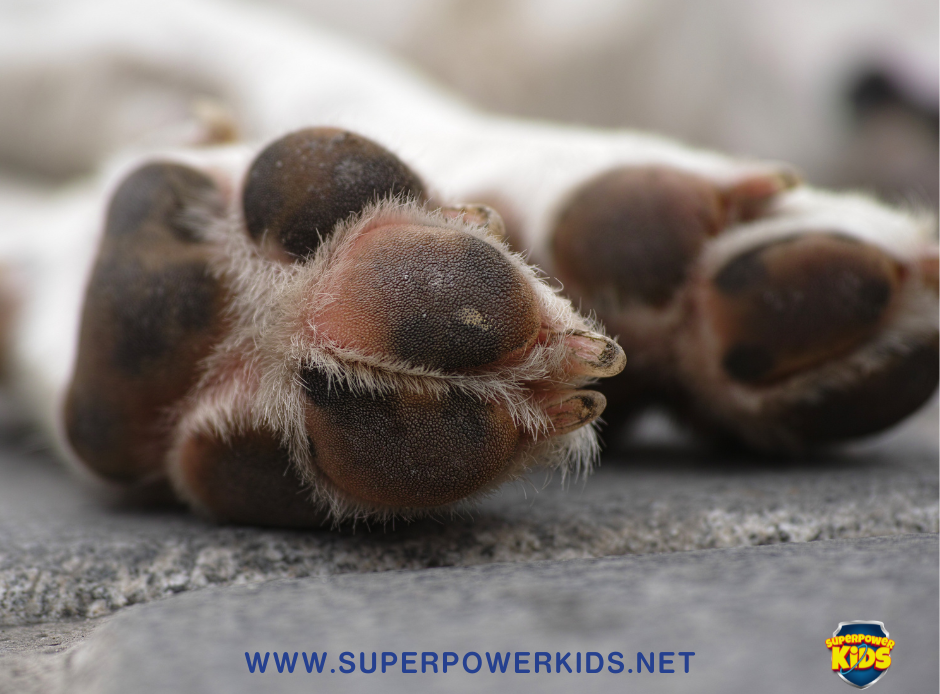
How can I help my child deal with the death of a pet?
A couple of months ago, we welcomed home two guinea pigs. We named them Spotty and Curly. We quickly grew fond of them and spent hours cuddling and watching them play. Then, one day, we noticed that Curly wasn’t acting like herself. She seemed lethargic and wasn’t eating or drinking as much as usual. The next day she bounced back and was full of energy in the morning, but in the afternoon, we found Curly had passed away.
My daughter was devastated when she learned that Curly had died. She loved Curly and couldn’t understand why she died so quickly. As a parent, it was hard to see my daughter in so much pain and to know that I could do nothing to take away her sadness.
Create a ritual
We found a place in our garden to bury Curly and took the time to say our goodbyes, chose a star and named it Curly. We talked about Curly often and remembered our happy times with her. And gradually, my daughter’s sadness began to lift, and she could move forward.
Mix emotions are common
It’s normal to feel a range of emotions when a pet dies. Children may feel sadness, grief, and even anger. It’s important to validate these emotions and allow your child to express them. Encourage your child to talk about their feelings and listen attentively.
It’s also common to feel a sense of relief when a pet dies, especially if the pet was suffering from a terminal illness. This can be a complex and confusing emotion, especially for children. It’s important to reassure your child that it’s okay to feel relief and also to feel sadness at the same time. Memories about a pet that has passed away can bring happiness and sadness.
It’s common for people to feel guilty when a pet dies, especially if the pet was sick or had an accident. Children may feel responsible for the death of their pet and wonder if they could have done something to prevent it.
As a parent, it’s important to reassure your child that the death of their pet was not their fault. Explain that sometimes, despite our best efforts, pets get sick or have accidents, and there is nothing we can do to prevent it. It’s important to emphasize that your child did everything they could to care for their pet and that they should not blame themselves.
It may also be helpful to talk to your child about the concept of “unconditional love.” Explain that pets love their human companions no matter what and that they are grateful for the love and care they receive. This can help your child feel a sense of comfort and connection to their pet, even after they are gone.
All feelings are OK
It’s important to remember that there is no “right” or “wrong” way to feel when a pet dies. Different people cope with loss differently, and it’s okay for your child to experience various emotions. By allowing your child to express their emotions and validate their feelings, you can help them navigate the complex and often difficult emotions that come with the loss of a pet.
Here are some tips for helping your child cope with the loss of a beloved pet:
1. Encourage your child to express their emotions: It’s important to allow your child to express their feelings about the death of their pet. Encourage them to talk about their emotions and listen attentively. This can help your child process their feelings and come to terms with the loss.
2. Help your child understand death: If your child is young, it may be helpful to explain the concept of death in simple terms. You can say, “When a pet’s body stops working, they are no longer alive. We call that death.” It may also be helpful to explain that death is a natural part of life and that all living things eventually die.
3. Create a special memorial: Encourage your child to create a memorial for their pet. This could be a small altar with photos, toys, and other items that remind them of their pet. This can be a way for your child to remember and honour their pet.
4. Seek support: If your child is having a hard time coping with the loss of their pet, consider seeking the support of a counsellor or therapist. They can provide additional guidance and support for your child during this difficult time.
5. Take care of yourself: It’s important to remember to take care of yourself. The death of a pet can be an emotional experience for parents. Make sure to take time for yourself and practice self-care.
By following these tips, you can help your child navigate the complex emotions that come with the loss of a pet. It’s okay to feel sad and allowing your child to feel and express their feelings is essential. With time and support, your child can cope with the loss and remember their beloved pet with love.




